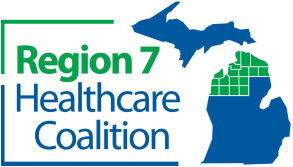|
The public health sector is presently on high alert for evidence of local transmission of the Zika virus in the continental United States as well as infections that have been acquired elsewhere and imported into the U.S. A number of national, state, and local health officials are actively engaged in vector control, surveillance, and diagnostic and communication activities focused on the Zika virus. Even if major outbreaks do not materialize, public health officials are concerned about the possibility of a sharp increase in babies born with congenital birth defects and other neurological deficits linked to Zika viral infections among pregnant women. This high level of situational awareness and concern within the public health sector, though, is not mirrored among the general public. Although most U.S. residents are generally aware of the virus, their specific knowledge regarding the virus’s symptoms and transmission routes is incomplete, their personal sense of threat of Zika infection is relatively muted, and their receptivity to various public health intervention strategies varies by such factors as their gender, their age, and their political ideology, among other characteristics. Read More>> Comments are closed.
|
Archives
January 2017
Archives
January 2017
Categories
All
|
To activate the Region 7
Medical Coordination Center call:
Gaylord Regional
Communication Center
1-989-732-5141
During your call, include the following information:
- Your name and contact number.
- Your agency or hospital.
- The reason for requesting the resource.
- Exact location to where you need the resource delivered.
- Who will accept and sign for the resource.
Medical Coordination Center call:
Gaylord Regional
Communication Center
1-989-732-5141
During your call, include the following information:
- Your name and contact number.
- Your agency or hospital.
- The reason for requesting the resource.
- Exact location to where you need the resource delivered.
- Who will accept and sign for the resource.
Site Map |
Organization |
Copyright © 2014 | 2464 Silver Fox Trail Suite A, Gaylord MI 49735 | 989.748.4975
|
 RSS Feed
RSS Feed
